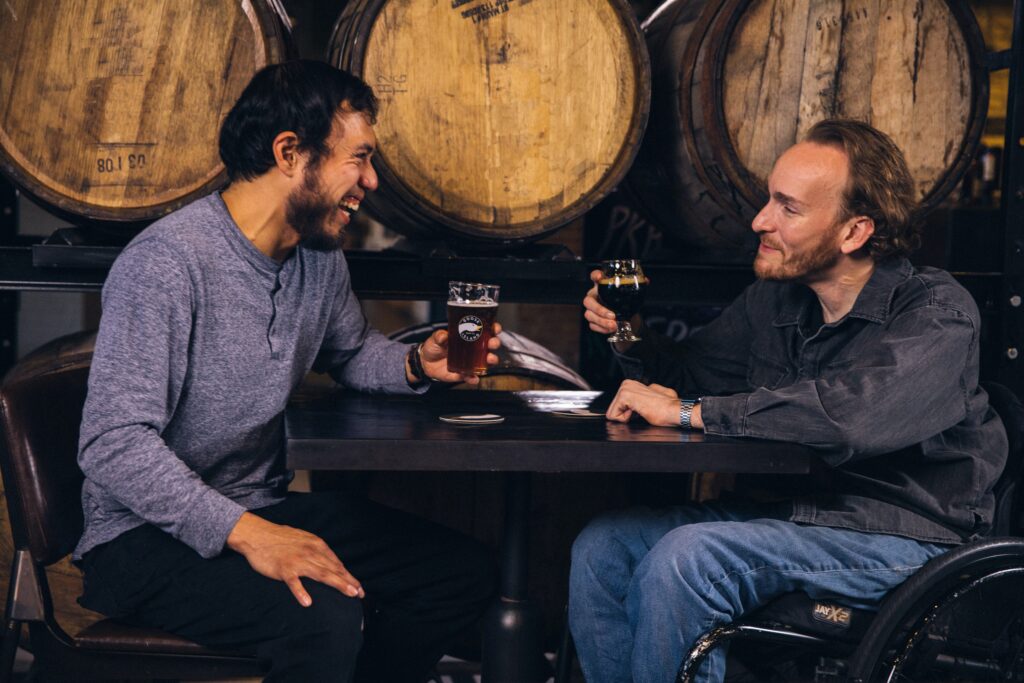Have you ever considered investing in a barrel and combining your passion for whisky with a highly profitable investment? How does it operate, what are the associated risks and expenses, and what do you do with all the produced whisky?
Investing in whisky may seem like a wonder to many people, but it is, in fact, a very definite possibility. It is a highly authentic market with bustling commerce. Whisky is a commodity similar to artwork, old vehicles, and cryptocurrency in that its value may improve or depreciate over time, depending on the whims of those who purchase it.

1. Find a Reputable Seller/Representative
Find a reputable whisky trader who can walk you through the procedure if you are just starting. Before purchasing the barrel, they should offer you a free tasting. These days, many businesses attempt to provide lists and pricing, but they do not allow you to sample their products. This is the first warning sign.
Ensure they have the necessary permits and ownership documentation to transfer a cask into your name. If you reside in remote areas, you need a third-party duty representative. Traders should be able to show you their third-party duty rep license and a delivery order that is agreed upon by both parties.
Evidently, a few individuals out there prey on beginners to get an edge. Don’t fall for these sales techniques if you’re dealing with a whisky dealer forcing you into an immediate purchase. Always remain vigilant.
2. Do Your Research
Before you begin investing in whisky, you should study its characteristics:
- Whiskey tastings: To know what to look for, you must be able to identify the essential qualities of high-quality whiskeys, such as color, aroma, and taste.
- Alcohol content: Whiskeys with a higher ABV are better at aging and more likely to increase in value.
- Check out how the whisky firm is doing financially and its intentions for the future in the company history. For instance, selling barrels and bottles by enterprises closing or rebranding may be more valuable.
3. Invest within your budget
Determine how much you can initially invest. When investing in bottles, a few hundred bucks is plenty to get started. Investing in barrels will need an initial expenditure of around $20,000.
4. Own your cask
After receiving payment, we will provide you with a certificate of ownership that includes the cask number and location. If you choose to sell your barrel, you will be able to do so confidently, thanks to the authenticity certificate you will get.
If you do not already have an account with a bonded warehouse, a legally binding invoice will be sent to you to confirm your beneficial ownership of the cask. The formal transfer of cask ownership and the issuance of a delivery order may be handled if you have an account with us.
5. Let your cask mature.
Your cask may be already stored in an HMRC-registered bonded warehouse, but if it isn’t and you wish to have it relocated there, the process might take anywhere from four to ten weeks.
Your cask will be insured and stored for around one to two pounds weekly (this varies between warehouses). For businesses that don’t have an account with the bonded warehouse, we’ll pay this on your behalf, and you’ll be billed each year for it. Your investment manager will update you on the status of your investments and the market as a whole.
6. Choose Your Exit Strategy.
We provide a variety of exit strategies, and we can assist you in determining when it is most appropriate for you to go to the next stage. You may sell your barrel to another investor, the distillery, a private bottler, or even by bottling your own product!
Where Do You Begin?
That is always the most crucial question, is it not? If you are reading this, then you have already begun the process. The next step is to follow different whisky companies and individuals on social media. However, you will sometimes need to really start investing your money.